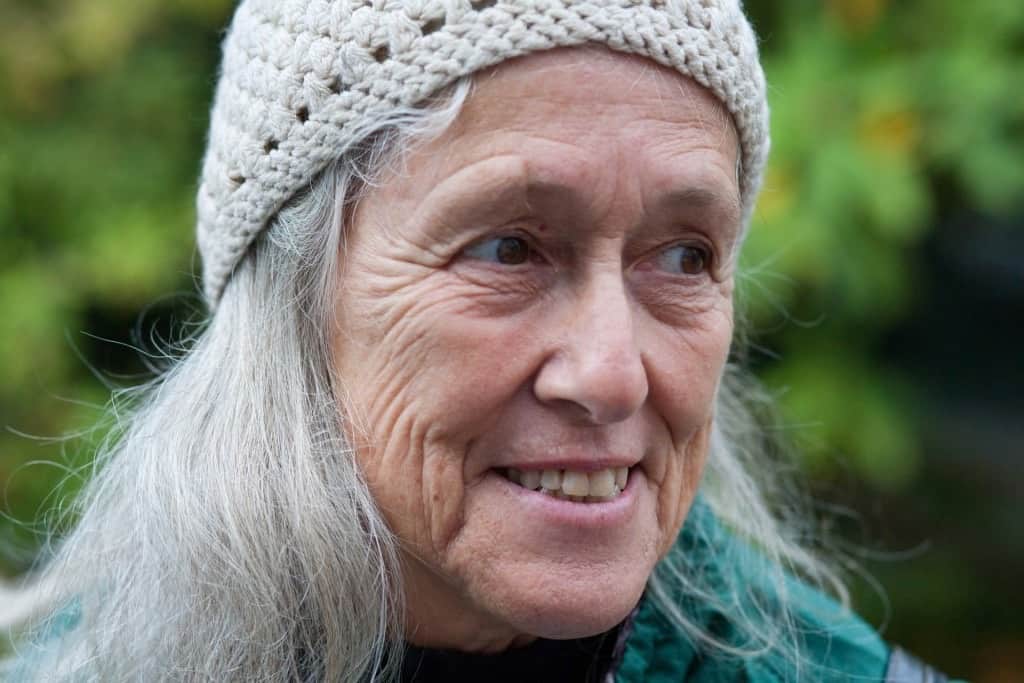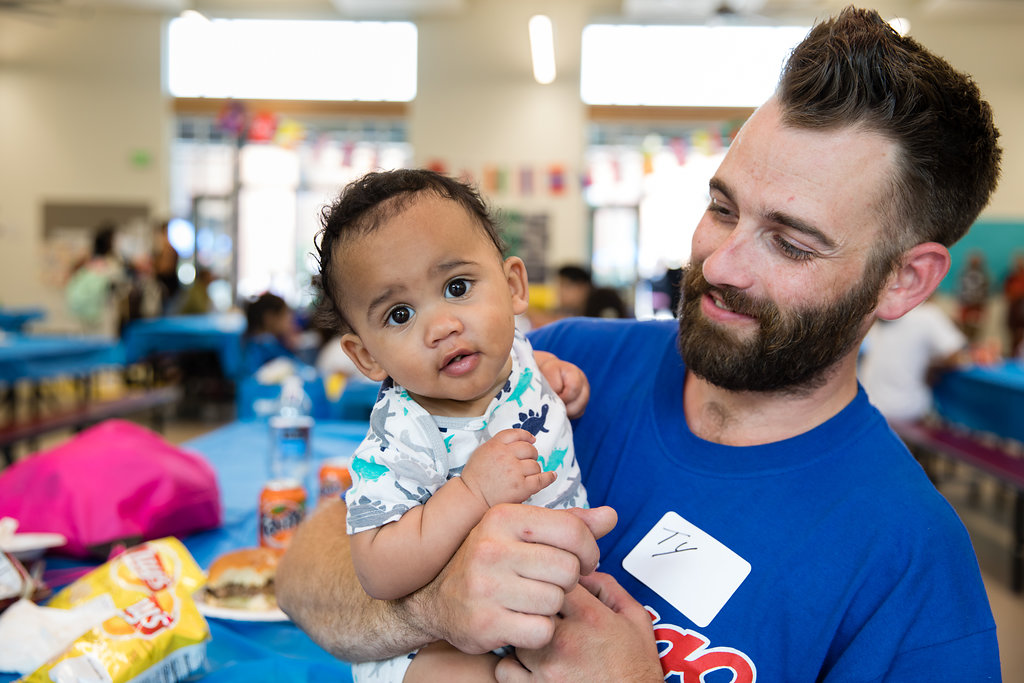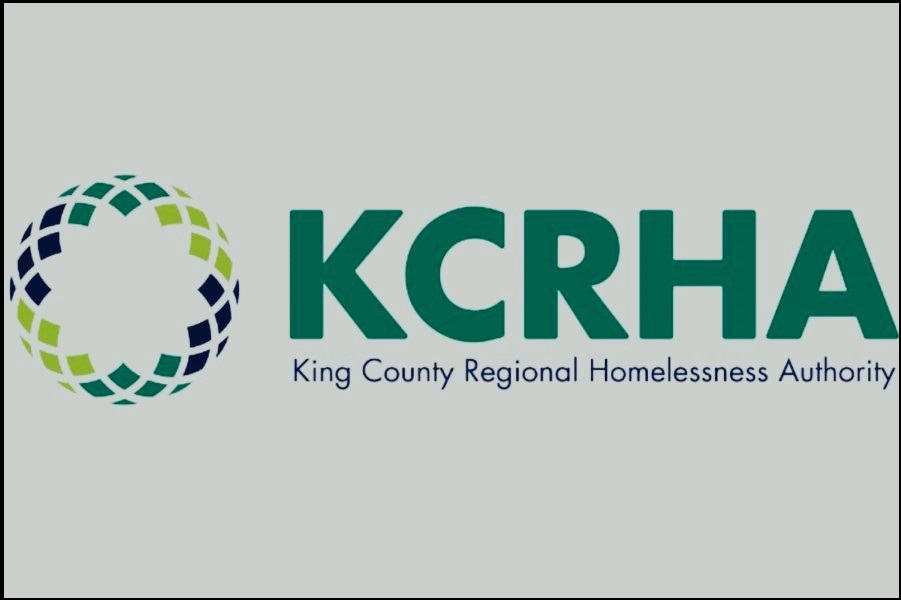Getting Ahead of Evictions, Stopping the Future Pipeline into Homelessness.
The number of people experiencing homelessness across King County is at an all-time high; the number of households struggling to pay rent and meet their basic needs is even higher. That’s why at United Way, we’re helping people maintain their housing because we know how crucial it is for health, well-being, and economic stability.

Helping people with housing stability supports not only prevents homelessness but can foster improved outcomes in education, employment, and mental health—all of which contributes to a healthier and more equitable society.
We’ve been trying out a housing stability model at three low-income affordable housing properties with Housing Connector. This partnership brought wholistic tenant-centered services and flexible financial assistance to families experiencing housing insecurity due to employment loss, reduced wages, lack of childcare, a health crisis or another unexpected life event.
By leveraging our expertise to address community needs, we are better positioned to transform the individual lives of those most at-risk of housing instability and homelessness, strengthen the homeless crisis response system, and improve community conditions.
At a Glance

1,246+ people (321 households) supported through over $400K in direct assistance this year

170+ households retained housing

Majority of households served are headed by single women with children

65 households supported in bringing amount overdue down to zero
By intervening early, we’re preventing eviction and stopping the pipeline into homelessness, particularly for Black and Indigenous households who are disproportionately affected by homelessness.
Meeting the Need

King County tenants are reporting a 20% increase in their rent. At minimum wage, renters would have to work an additional 20 hours per month to be able to afford the increase, stay safely housed, and avoid an eviction. Over 59% of tenants identified as people of color and the rent increases are predominantly in South King County areas which historically files the most evictions.
That is not a coincidence. Systemic and historic racism have excluded communities of color from housing opportunities as well as displaced them from their neighborhoods. African American and female-headed households are disproportionately evicted from their homes and are overrepresented in our homeless system.
Our housing stability support work is focused on reducing these disparities. Currently, they’re underway at three high-need zip code properties in South Seattle (unincorporated King County), Des Moines, and Federal Way.
Who We’re Serving
How It Works
We proactively connect renters with the supports they need to stay housed. This support includes flexible financial assistance that can be used to offset household expenses when household income simply isn’t enough to make ends meet. We do this in partnership with Housing Connector, a nonprofit who holds relationships with landlords and social service providers to bring stability services to renters in need of a safety net.

Housing providers are often the first to identify early indicators of housing distress and instability whether due to non-payment of rent, behavioral challenges, or other lease violations. Based on the need, we bring supportive services. Services include community resources, mediation with property managers, an available and trusted ally, and access to flexible financial assistance that residents use creatively to ensure rent is paid on-time.

Housing stability support specialists connect residents with community resources and engage in creative problem-solving to find solutions to circumstances that create housing instability, putting them at a risk of eviction.

Financial assistance through this program can be used to pay a portion of past due rent arrears associated with a rent re-payment plan, shallow short-term rent subsidies, or for food, utilities, transportation, childcare, employment, education, healthcare, or other urgent or emergency needs.
Need Help?
Everyone deserves a safe place to call home and we’re working with community agencies to support your housing stability. Click below for information on how to get on the rental assistance waitlist, check out other helpful resources and free, confidential community services.
Real People. Real Stories.
-

Give to United Way’s Fund to Help Our Neighbors
Since its inception in 1969, Sesame Street has taught children its popular song, “The People in Your Neighborhood.” It’s about […]
Support Our Work
United Way has years of experience partnering with organizations committed to reducing homelessness, investing in programs that keep people in their homes, and advocating for policies that address the root causes of the problem. With your support, we can help individuals and families stay safe in their homes and avert a crisis. Every dollar counts.


